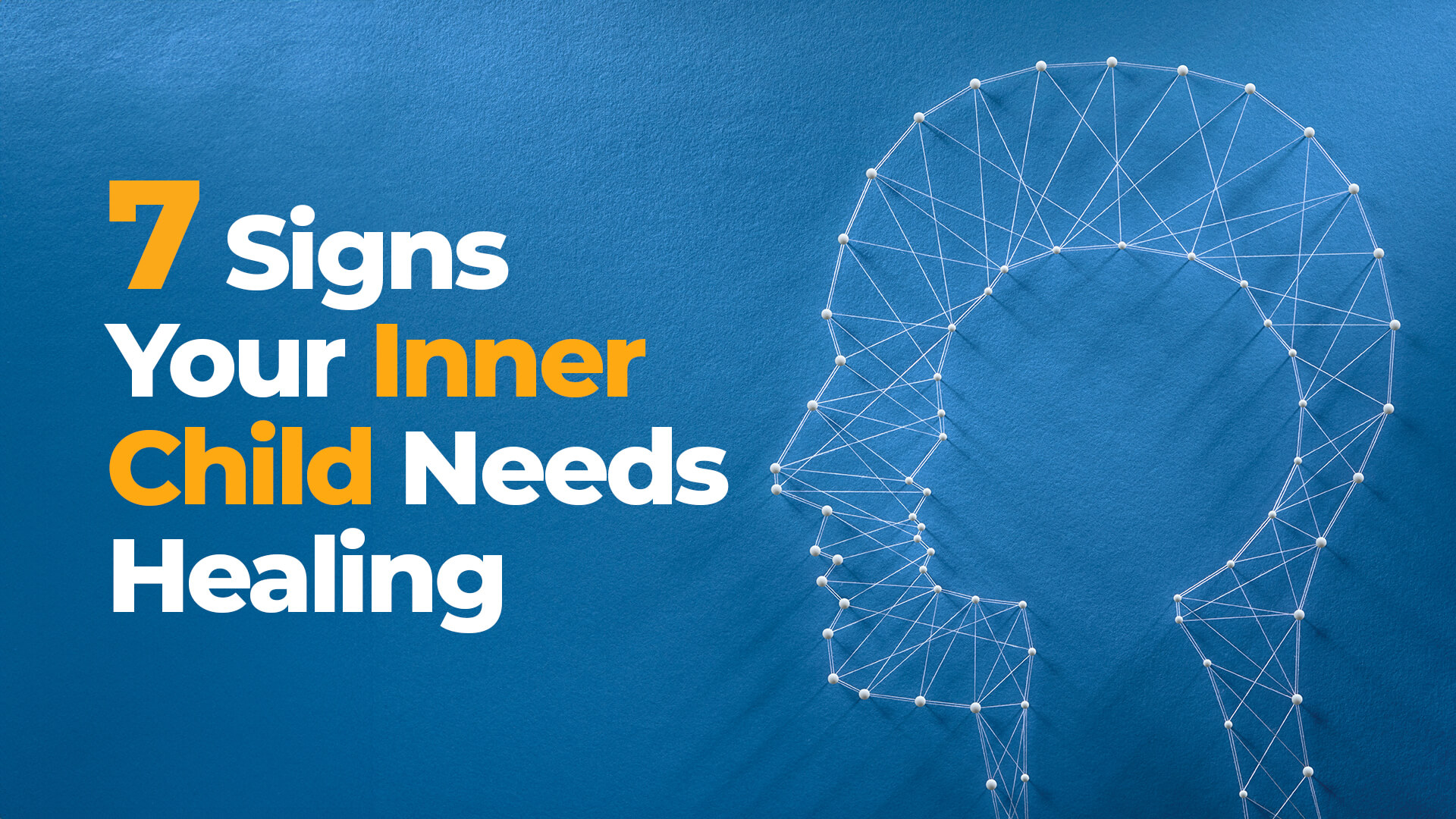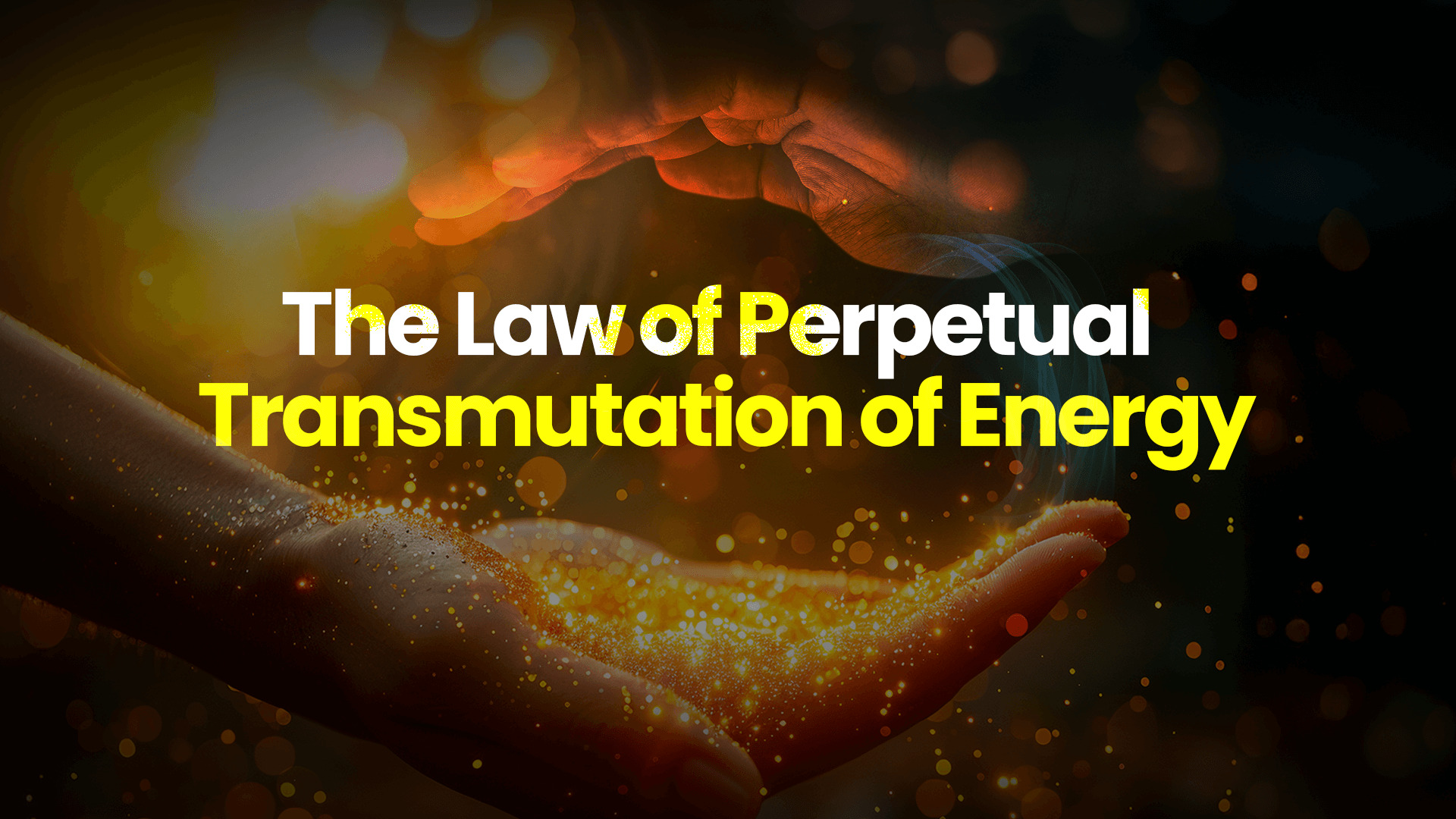Do you also feel lost at times? Are you unable to comprehend your actions and reactions during certain situations? Well, the answer lies with your inner child. Your inner child is the part of you that holds memories, emotions, and beliefs from your early years.
These childhood experiences shape how you turn out as an adult and your way of living. When these experiences are painful or unresolved, they can easily impact your well-being and relationships in unexpected adverse ways. Although most people move through life unaware of the influence of their inner child. However, understanding the signs that their inner child needs healing can open a path to greater self-awareness and emotional well-being.
The unfulfilled needs of your inner child generally hide in your reactions, behaviors, or fears. These can arise from unmet needs in childhood, past traumas, or negative beliefs that you may have unknowingly internalized. If neglected, these deep-rooted issues can easily affect your self-esteem, relationships, and even physical health.
Healing your inner child doesn’t require grand gestures. You can feel a significant difference with small steps, self-compassion, and acknowledgment. Let’s explore the key signs that your inner child may need your attention.
1. Struggling to Manage Emotions
If you often feel overwhelmed by your emotions or have difficulty controlling them, your inner child might need some help. Intense reactions to situations, such as anger, sadness, or anxiety, can point to unresolved feelings from childhood.
Why It Happens
Children who don’t receive proper emotional support may develop unhealthy coping mechanisms. As adults, these individuals might find it hard to regulate emotions or express them clearly. They can often feel suppressed or misunderstood by others around them. You might find yourself bottling up feelings until they explode, or becoming overly sensitive to certain situations. Certain kinds of emotions can feel triggering to a wounded inner child.
How to Heal
- Practice Mindful Awareness
- Therapeutic Support
Meditation and breathing exercises can help a lot. You become aware of your emotions without reacting impulsively.
A therapist can assist you in identifying triggers and creating healthy emotional responses.
2. Difficulties with Relationships
Troubles forming and maintaining healthy relationships are a common sign of inner child wounds. This might appear as insecurity, fear of intimacy, trust issues, or patterns of dependency. People often deal with unhealthy attachment styles that can lead to toxic behavior in terms of relationships. They either tolerate toxicity or themselves become toxic.
Why It Happens
As attachment style often develops in childhood it is based on your relationship with your caregivers. If you experience inconsistency, neglect, or emotional unavailability during your childhood, these early experiences can translate into difficulties connecting with others as an adult. It can lead to an unhealthy attachment style with others around you that often affects your self-esteem.
How to Heal
- Work on Self-Compassion
- Understand Your Attachment Style
Building a compassionate relationship with yourself can help you to develop healthier connections with others.
Learning about your attachment type or style can help reveal patterns you go through and develop better relational habits.
3. Low Self-Esteem and Self-Worth Issues
Low self-esteem is something that clearly indicates that your inner child does not feel good and needs some serious help. If you wake up with negative thoughts and constantly doubt yourself, struggle with negative self-talk, or don’t believe you deserve good things in life, these could be signs of low self-worth rooted in childhood experiences.
Why It Happens
Little kids who grow under excessive criticism, neglect, or were given unrealistic expectations often internalize the message that they are not “good enough.” for anything or anyone. These beliefs may follow the individual into adulthood, affecting their career, relationships, and personal satisfaction.
How to Heal
- Affirmations and Self-Awareness
- Inner Child Journaling
Replacing negative self-talk with positive affirmations can be a good change. Consistently remind yourself of your worth and abilities. Make sure to reassure yourself even if no one else does it for you.
Write letters to your inner child, offering the support and validation you may have lacked in your early years. Writing a letter to your younger self and telling him/her that they were enough will initiate a positive change.
4. Fear of Abandonment
Fear is an emotion that can give rise to multiple issues. Abandonment issues are one of them. A deep-seated fear of abandonment or rejection can significantly impact your well-being and relationships. This fear can manifest itself as clinginess, feeling anxious when alone, or a need for constant reassurance from loved ones. This can also reflect a low level of self-esteem.
Why It Happens
If you have experienced emotional or physical abandonment in childhood, it may have created a core belief that you are not easy to love or secure. Such beliefs can make it difficult to trust others or feel comfortable being alone. It is a part of your inner child indicating that you won’t feel enough ever.
How to Heal
- Self-Soothing Techniques
- Seek Therapy for Abandonment Issues
Develop methods to comfort yourself, such as meditation, grounding exercises, or listening to calming music. Use these methods when you feel overwhelmed and fear starts to affect your actions and decisions.
Therapy, especially attachment-based approaches, can help reframe unhealthy thoughts and build trust within yourself and others.
5. Perfectionism and Fear of Failure
People often see the extreme obsession with perfectionism as a good trait. But it is not what it looks like. Perfectionism often stems from a fear of making mistakes or a need for approval. The constant craving for validation gives rise to perfectionism. If you find yourself constantly striving for perfection or avoiding tasks to escape failure, this may be an indication that your inner child is under pressure and scared.
Why It Happens
Children who often receive love and validation only after achieving something develop an urge to excel in everything or to avoid anything completely. They grow up feeling their value depends on their performance which can easily develop a deep fear of failure. They may feel like they need to be perfect to gain love or validation.
How to Heal
- Redefine Success and Failure
- ractice Self-Compassion
Understanding that mistakes are a natural part of growth and life. Set realistic goals for yourself and allow room for imperfection. Don’t stick to certain ways, keep evolving and stay kind to yourself.
Treat yourself kindly when things don’t go as planned. This shift in mindset helps alleviate the fear of failure and increase the output of all your efforts.
6. Difficulty Setting Boundaries
If you often find it hard to say “no” or constantly prioritize others’ needs over your own, this could be a sign of unresolved inner child issues. If you also make sure that the people around you are completely satisfied with your behavior then it is a major sign of a lonely inner child. Setting boundaries is crucial to maintain healthy relationships with yourself and self-respect.
Why It Happens
Children who were taught to “please” and behave a certain way or were not allowed to express their needs or emotions in the name of manners may struggle with setting boundaries as adults. They might fear being seen as selfish or losing relationships if they assert themselves.
How to Heal
- Practice Assertive Communication
- Recognize Your Right to Self-Care
Learn how to express your needs and say “no” respectfully.
Understand that setting boundaries is not selfish; it is essential for emotional well-being and healthy relationships.
7. Recurring Self-Sabotage
Do you notice patterns where you sabotage opportunities or happiness in your life? The little sacrifices and decisions you make that you often regret later? Self-sabotage can manifest as procrastination, substance abuse, or repeatedly ending healthy relationships out of fear, self-doubt, and low esteem.
Why It Happens
If your inner child learned that love or success is dangerous, uncomfortable, or fleeting, you might unknowingly engage in behaviors that prevent you from achieving your goals.
How to Heal
- Identify Triggers and Patterns
- Build Self-Trust
Understand what situations lead to self-sabotaging behavior. Recognizing patterns is the first step to changing them.
Practice self-compassion and small acts of self-care that reinforce trust and belief in your capabilities. Make sure that your own belief in yourself stays strong.
How to Begin Healing Your Inner Child
- Acknowledge and Accept
- Engage in Inner Child Work
- Seek Professional Help
The initial step is recognizing your inner child’s needs and accepting them without judgment.
This can involve visualization exercises, guided meditations, or therapeutic methods aimed at connecting with and comforting your inner child.
If the pain feels overwhelming or deeply ingrained, therapy or counseling can be a helpful space to explore and heal.
Final Thoughts
Recognizing and addressing the signs of a wounded inner child is a powerful move in itself. It guides you to improve your emotional health and relationships. Start by being kind to yourself, showing self-love, and acknowledging that healing takes time. Taking steps toward self-awareness, developing better emotional regulation, and seeking support can make a world of difference.
FAQs
Q: What is inner child work?
A: Inner child work is a therapeutic process focused on connecting with and healing the part of your subconscious that holds childhood memories, beliefs, and emotions.
Q: How long does it take to heal the inner child?
A: Healing is a gradual process, and the timeline varies for each person. Small, consistent efforts to acknowledge and support your inner child can create lasting changes over time.
Q: Can everyone benefit from inner child healing?
A: Yes. Most individuals have unresolved experiences or unmet needs from childhood. Healing the inner child can improve self-awareness, relationships, and emotional well-being.
Q: Do I need therapy for inner child work?
A: While many people find therapy helpful, you can start with self-reflection, journaling, and guided meditations. Therapy offers professional support for deeper healing.
Take time to listen to your inner child’s needs. Healing can lead to more joy, emotional freedom, and meaningful connections in your life.
Reach Dr. Chandni’s support team at +918800006786 and book an appointment.










